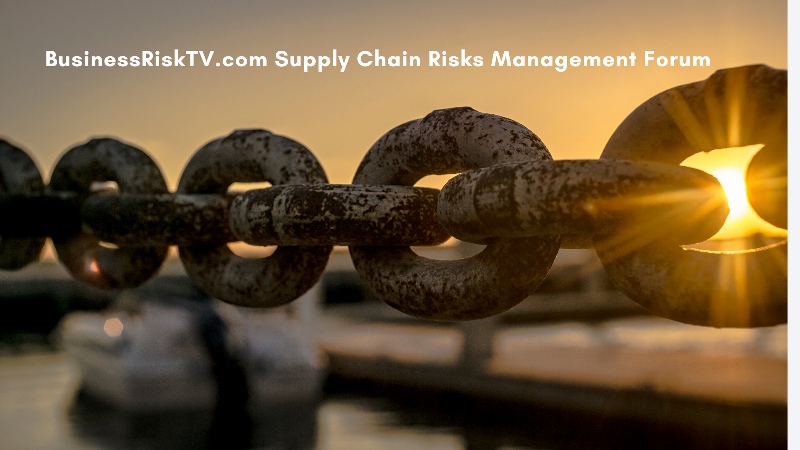The Shanghai Containerised Freight Index: A Stormy Sea Ahead After Red Sea Attacks
The Shanghai Containerised Freight Index (SCFI), a key gauge of global shipping costs, has once again become a stormy sea, this time roiled by the recent attacks in the Red Sea in December 2023. While the index had been on a downward trend throughout 2023, offering hope for moderating inflation and easing supply chain pressures, the Red Sea disruptions have sent it surging back up, casting a shadow of uncertainty over the global economic outlook in 2024.
Prior to the Red Sea attacks, the SCFI had been on a steady decline since its January 2022 peak, dropping from over 5100 points to around 1250 points by December. This decline reflected some easing of congestion and pressure on shipping costs, raising hopes for a more stable economic climate.
However, the attacks on oil tankers and a commercial vessel near the Yemeni port of Hodeidah in December sent shockwaves through the shipping industry. The heightened security concerns and potential disruption to vital trade routes through the Red Sea have caused a sharp spike in the SCFI, pushing it back up to around 1800 points as of December 29, 2023.
Implications for Inflation and Interest Rates:
This sudden surge in the SCFI has significant implications for inflation and interest rates in 2024. As shipping costs rise, the price of imported goods increases, potentially fueling inflationary pressures. This could lead central banks to reconsider their monetary policy stances and potentially resume interest rate hikes to curb inflation.
The extent to which the Red Sea attacks impact inflation and interest rates will depend on several factors, including the duration of the disruptions, the effectiveness of security measures implemented, and the overall resilience of global supply chains. However, the potential for renewed inflationary pressures and tighter monetary policy is a cause for concern for businesses and consumers alike.
Risk Management Strategies for Business Leaders:
In this uncertain environment, business leaders must be prepared to navigate the choppy waters of the SCFI and mitigate the potential risks associated with rising shipping costs. Here are some key strategies to consider:
- Diversify Supply Chains and Shipping Routes: Reduce reliance on Red Sea routes and explore alternative shipping routes and sourcing options to minimise exposure to disruptions.
- Invest in Supply Chain Visibility: Enhance your ability to track shipments and anticipate potential delays to adjust inventory levels and production schedules.
- Strengthen Supplier Relationships: Foster closer partnerships with key suppliers to ensure reliable supply and negotiate flexible pricing terms that account for fluctuating shipping costs.
- Optimise Inventory Management: Implement data-driven inventory management practices to minimise carrying costs and optimise stock levels based on projected demand and SCFI trends.
- Consider Flexible Pricing Models: Explore pricing models that can adjust to fluctuations in shipping costs and protect your profit margins.
By adopting these strategies, businesses can build resilience in their supply chains and navigate the challenges of a volatile SCFI in 2024.
Conclusion:
The recent spike in the SCFI serves as a stark reminder of the fragility of global supply chains and the potential for unforeseen events to disrupt the delicate balance of global trade. While the long-term impact of the Red Sea attacks remains uncertain, businesses must be prepared for a more challenging economic landscape in 2024. By remaining agile, diversified, and informed, businesses can weather the storm and emerge stronger in the face of an unpredictable shipping market.
Get help to protect and grow your business
Subscribe to free business risk management alerts and risk reviews
Read more business risk management articles
